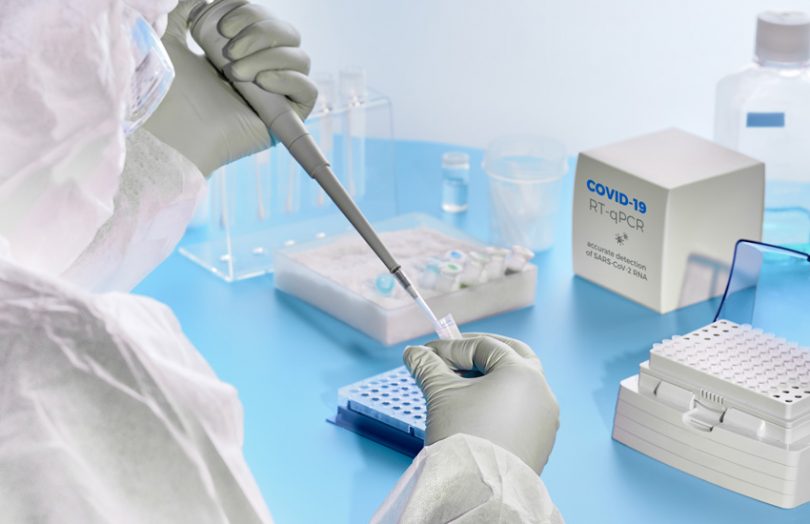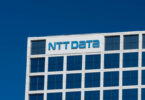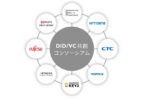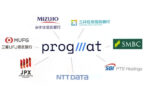On 31 August 2020, Japanese IT firm NTT Data and health care provider LSI Medience Corporation announced the testing of their electronic certificate issuing service for COVID-19 test results. The trial will only last for a couple of weeks, from 1-18 September 2020. If it proves to be successful, both NTT and LSI will start providing the services by the end of this year.
PCR (polymerize chain reaction) tests are used to diagnose COVID-19 infected individuals. Companies may want to ensure that staff returning to work are healthy. And even during the pandemic, firms might need to send employees overseas for work and are responsible for these employees’ safety and security. With an increased demand for testing, and more people returning to the workplace, an efficient mechanism is required to smoothly runf\ PCR tests. Which is why NTT Data and LSI say they turned to blockchain technology.
The service ensures companies can receive their employees’ test results in a ‘secure online environment’ by using blockchain technology to ensure the certificate’s validity. NTT Data will provide and operate the service network, L-AXeS, which connects medicinal institutions and clinical laboratories, and LSI will be responsible for the actual PCR testing.
The system works by managing the processes between the employee’s company and the laboratory responsible for carrying out the tests. Once a company has determined an employee needs a PCR test, the employee will go to the relevant clinic where the test process will be explained and the sample taken. Those clinics then request LSI to perform the test. LSI will enter the PCR results onto the system, reporting them directly to the original clinic. Once the clinic receives the test result report, they’ll issue a digital certificate of health to both the employee and their employer.
Other countries around the world have also begun establishing their own health certificate issuance services. Yesterday, Swiss blockchain health certificate app Health n Go, which allows users to receive digital health certificates of their COVID-19 test results, signaled positive results of their trial. Similarly to NTT’s system, Health n Go collaborated with a laboratory network that is responsible for the results of the tests. However, unlike NTT’s idea, the health certificate is sent directly to the app, over which the user has full control, whereas NTT’s service will automatically share it with the company.
In reality, the difference may be subtle. While Health n Go does not share the results directly with the company, the employee may be required to share the results if an employer requires a test. A key issue is how much detail the company sees and stores.
In the announcement, the two Japanese companies anticipate the expansion of their system and the need to identify ethical and social issues that come with it. Privacy concerns over how the employer handles the information of an employee’s COVID-19 test results might arise. It’ll be worth keeping an eye out to see whether any of these particular issues will be highlighted during the trial.






